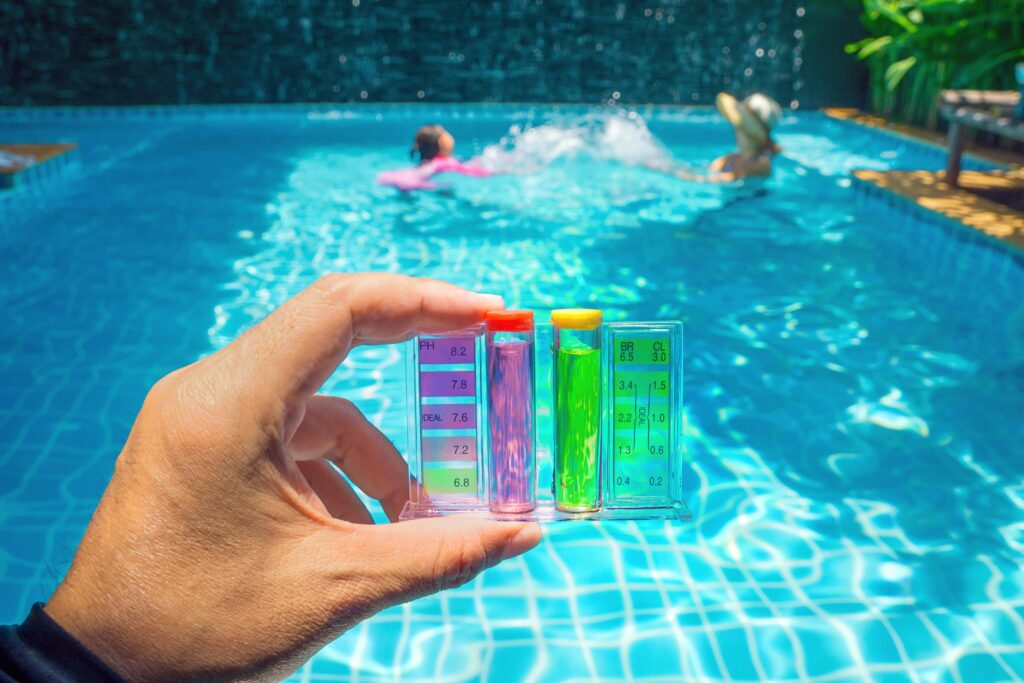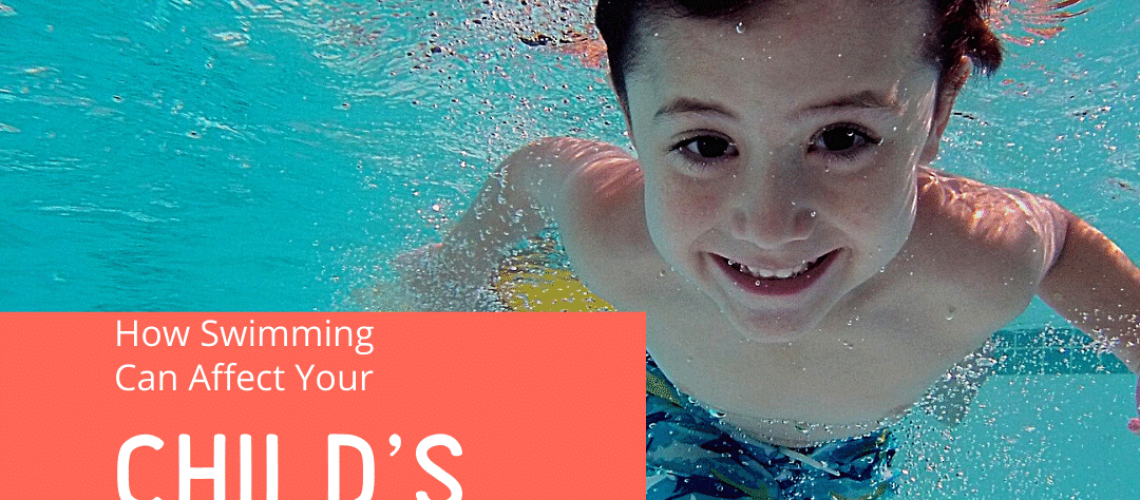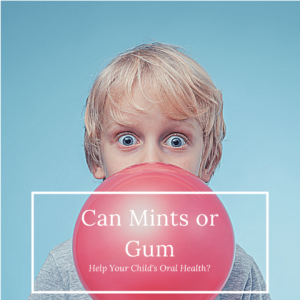Summer is almost upon us and as the temperatures rise, many people seek refuge in backyard swimming pools. Many children love swimming and it is a great form of exercise for them. Of course like any other sport, swimming comes with its fair share of risks. Besides the most important precautions such as applying sunscreen, closely monitoring the pool, and making sure your children have the proper safety equipment, did you know that you will also have to pay attention to your child’s oral health? This is because frequent swimming can put them at an increased risk for dental issues.
Many of these dental issues are the result of chlorine exposure. Chlorine is used in many swimming pools, as well as drinking water, to kill harmful bacteria and keep the water clear. In the past, many people died from waterborne diseases and chlorine has drastically reduced these numbers by keeping pool water clean and sanitary. Although chlorine is found in both drinking water and swimming pools, the amount of chlorine used in swimming pools exceeds that found in drinking water. For this reason, it can pose a potential threat to your child’s oral health.
Here are some oral health risks from swimming that you should be aware of:
Swimmer’s Calculus
Swimmer’s calculus occurs when chlorine residue sits on the surface of your teeth. When your child’s teeth are regularly exposed to chlorine, this can cause the teeth to become discolored and/or transparent around the edges. To prevent swimmer’s calculus, make sure that the amount of chlorine in your pool is at an appropriate level. You can also use pH test strips to determine if your pool is overly acidic before letting your children swim.

Tooth Sensitivity
In cases where the chlorine level is too high, the chlorine can even damage your child’s tooth enamel. As the enamel is worn down, this allows stimuli to enter the tooth and irritate the tooth nerve. This is known as tooth sensitivity and it is described as a sudden, deep pain that occurs whenever the teeth are exposed to hot, cold, or sweet. To prevent tooth sensitivity, make sure that the amount of chlorine in your pool is at an appropriate level.
Oral Injuries
As with any type of sport, swimming can potentially cause oral injuries. In most cases, these injuries are due to water sports, like water polo. However, sometimes accidents happen that can result in oral injuries. Practicing poolside safety rules, like no running outside the pool, can help to prevent injuries caused by accidents. Additionally, if your child is participating in a water sport like water polo, then they should wear a protective mouthguard.
Tooth Compression
Although this condition is not common among most children, it can occur in children who scuba dive. Tooth compression, or barodontalgia, occurs when ambient pressure changes cause the tooth to feel squeezed. This same problem can occur while flying in an airplane as well.
Lost Dental Devices
Removable dental appliances such as clear aligners, retainers, palatal expanders, and any other type of removable appliance has the potential to become lost or damaged while swimming. In fact, losing removable dental appliances are one of the most common oral health problems associated with swimming. Although losing an appliance does not directly affect your child’s oral health, it can delay their treatment. Therefore, it is important to remove these appliances and store them in their proper protective case while swimming. The exception to this rule is Invisalign aligners, since they are fitted to the teeth and do not fall out easily.





